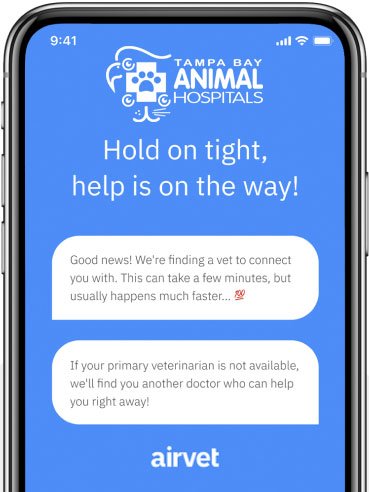Cat & Kitten Adoption FAQ’s
Where does the adoption donation go?
The donation helps cover the costs incurred while the cat/kitten was in the care of our hospitals, such as exams, blood tests, 1st vaccines, spay/neuter, food and medications.
Are the vaccines and exams covered by the adoption donation?
All blood tests, exams and vaccines given to the cat/kitten up to the time of adoptions are covered. Once the cat/kitten is adopted, any further vaccines, exams, and any additional visits to our hospitals are the responsibility of the new owner.
Is the spay/neuter covered by the adoption donation?
Yes, the spay/neuter is covered by the hospital and there will be no further cost to the new owner for the surgery.
Can I have the cat/kitten declawed?
We do not recommend declawing. A doctor will be available to discuss with you alternatives to declawing.
Why are some vaccinations given to my kitten several times?
Your kitten acquired some immunity from its mother (maternal immunity) at birth. This immunity is important because it protects your kitty until we have an opportunity to vaccinate him/her. The only drawback with this immunity is that it blocks the effect of your vaccinations as long as it is present in the kitten’s system. It doesn’t hurt to give the vaccinations when the maternal immunity is still in the kitten’s body, but the vaccines are not fully effective. Depending on how much immunity the mother had available for transfer to her kittens and the amount nursed during the first few days of life, the maternal immunity will drop off when the kitten is somewhere between 6 and 14 weeks of age. Since it would be difficult and expensive to measure your kitten’s level of immunity for each of the five diseases we routinely vaccinate for, we have designed a series of vaccinations, which would provide excellent long-term protection for each of these diseases at a reasonable cost.


